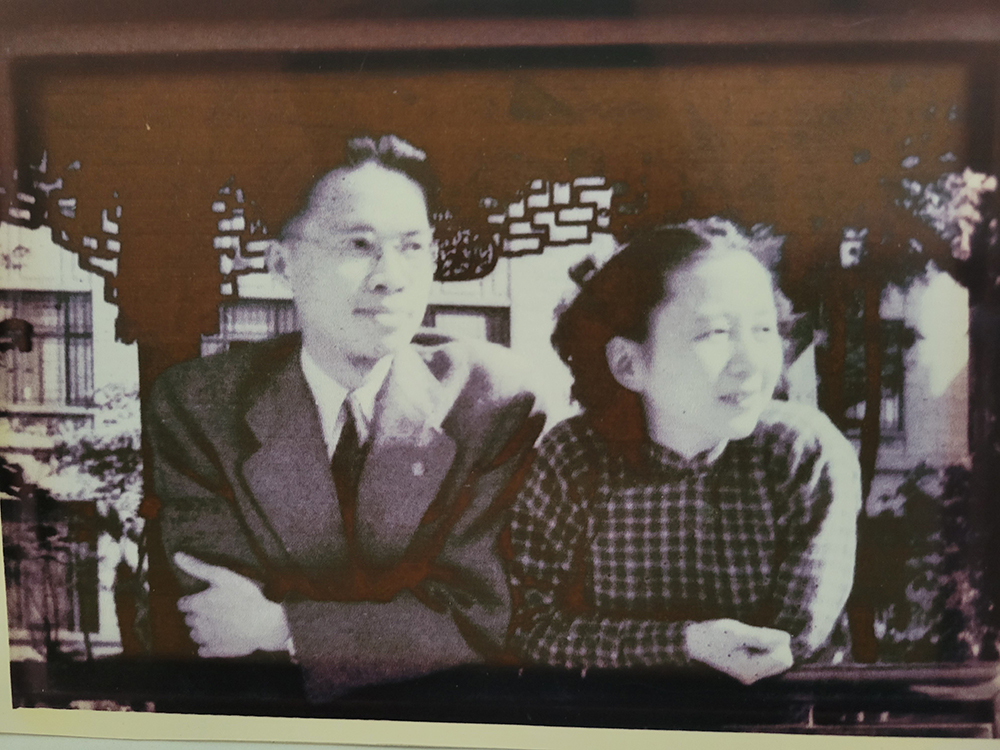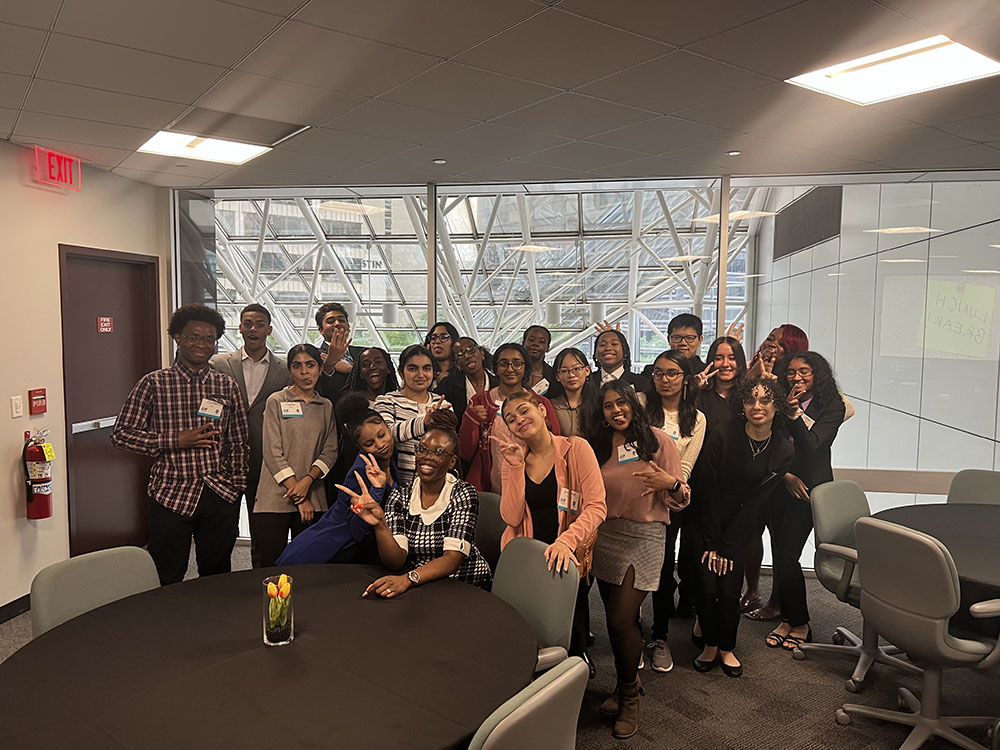
By Monica Arkin, Staff Writer
Friday, Nov. 20th was a unique day at Stevenson High School in Lincolnshire, Illinois. As students walked through the main doors in the morning, they expected to pick up their weekly issue of the school paper, The Statesman. Instead, they were greeted by a silent and empty-handed newspaper staff who were protesting the recent censorship of their school paper by high school administrators.
Five days later, students finally received their newspapers; however, they had been edited by the administration and four pages were missing. Stories about drinking, smoking, and teen pregnancies were either removed completely or heavily edited. This is all thanks to the school’s strict policy of prior review, which allows administration to review the newspaper before it is published and censor whatever it pleases.
But how did this policy come about? This past January, another controversial article was published on the topic of “hooking up.” Stevenson Junior Ally Stamler said that it is good for the Statesman to be “honest and real,” but “even though the people in the article were referred to as ‘anonymous,’ it was obvious who they were.” This was embarrassing for all students “anonymously” mentioned. In addition to the commotion that the article itself caused, the picture accompanying the story was a picture of two of Stamler’s close friends kissing. The picture had been blurred out, but everyone still knew who the kids were. “My friends didn’t even know the picture was taken,” Stamler said, “they were surprised when their picture was in the paper.”
This fact that some readers had been uncomfortable with what The Statesman had published pushed the administration to create a prior review panel, which upset students even more than the article.
Junior Seth Kopka said, “Many kids were just upset that the school thinks it’s all right to censor what we say.” He continued, “I think the school board believes the general idea of freedom of speech is a privilege and that is wrong. All people should have the right to speak freely and openly without consequences. Anything and everything should be published.” In response to the creation of this panel last spring, award-winning Statesman adviser Barbara Thill resigned from her position as newspaper adviser.
After the recent articles on substance abuse were heavily edited, things got even worse. The editors of The Statesman decided to write an article on being censored – why the last issue was four pages short, what the administration had done, and how The Statesman really does not have free speech. However, Stevenson administration even prohibited this.
Adam Goldstein, an attorney advocate at the Student Press Law Center, claims that this attempt to keep the prior restraint secret is evidence that the administration knows they are interfering with the students’ rights. “To censor a story about censoring a story means they don’t even believe they’re doing the right thing. Why would they need to cover that up? If they believe they’re right, they would never need to cover it up,” said Goldstein.
The Beachcomber is reviewed by Principal Robert Hardis. He said that he has never had to censor an article. He feels that an article should not be censored merely based on a controversial topic, but might need to be edited slightly if facts are inaccurate. So far he has never had to remove content from a story or eliminate an article from The Beachcomber. Hardis explained, “Media is our fourth estate. The newspaper is the voice of the students, whether it is pro-school or anti-school.” Teaching real uncensored journalism “allows students to learn ethics.”
In Lincolnshire, an attempt to regain the free speech rights recently lost, students involved with The Statesman called the Student Press Law Center for help. SPLC’s goal is “to make sure students have some form of free expression rights,” Goldstein said. Although the SPLC is based out of Virginia, it has a referral network where students can be matched up with a local attorney, who donates time to defend the students. The Statesman staff is currently working with a local attorney on their case.
Stevenson teacher and Statesman adviser Matthew Lockowitz said he is not “providing any public comments at this time.” School administrators did not respond to email inquiries from The Beachcomber.
In the meantime, life at Stevenson High School is rolling along. However, behind the doors of the journalism room, a battle for free speech rights rages on.








